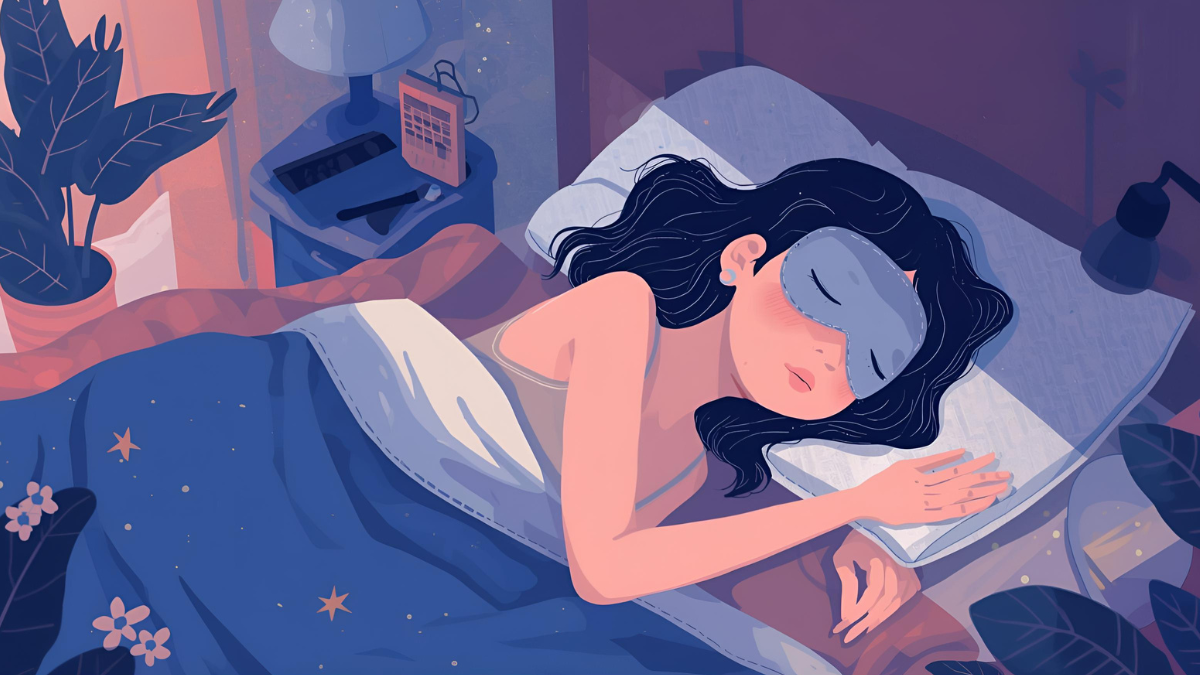In our fast-paced world, finding ways to unwind before bed is essential for a good night’s sleep. Many Americans struggle with sleep disorders, often due to stress and technology overload. Incorporating a few relaxing activities into your nighttime routine can significantly improve your rest and overall well-being.
Practice mindfulness meditation for improved sleep
Mindfulness meditation has gained popularity as an effective tool for relaxation. By focusing on your breath and being present in the moment, this practice can reduce anxiety and stress that often interfere with sleep. A study published by the National Institutes of Health found that mindfulness can lead to improved sleep quality. Try dedicating 10-15 minutes each night to meditation using apps like Headspace or Calm, which offer guided sessions tailored to sleep improvement.
Engage in light stretching to alleviate tension
Light stretching before bed is a simple yet effective way to release the tension built up throughout the day. Incorporating gentle yoga poses, such as Child’s Pose or Legs-Up-the-Wall, can enhance relaxation and prepare your body for rest. According to the National Sleep Foundation, regular stretching can improve flexibility and promote deeper sleep. Additionally, consider using a yoga mat or blanket to make your practice comfortable—these can often be found at local retailers like Walmart or Target for under $30.
Read a book to calm your mind
Diving into a good book can transport you away from daily stressors, making reading an excellent pre-sleep activity. Choose a genre that you enjoy but avoid thrillers or anything too stimulating. The American Academy of Sleep Medicine suggests that reading can help signal to your brain that it is time to wind down. Opt for a paperback or e-reader with a warm backlight to reduce blue light exposure, which can interfere with melatonin production.
Listen to calming music or nature sounds
Music has a profound effect on our emotions and can help set the mood for sleep. Creating a calming playlist or listening to nature sounds can lower heart rates and induce relaxation. Research from the University of Kent shows that listening to soothing music can improve sleep quality. Platforms like Spotify offer curated playlists specifically designed for sleep, featuring sounds like rain or gentle piano melodies, often for free or as part of a subscription.
Disconnect from screens to improve sleep hygiene
In an age dominated by smartphones and screens, disconnecting from technology at least an hour before bed is crucial. The blue light emitted by devices can disrupt your circadian rhythm and make falling asleep more difficult. The American Academy of Pediatrics recommends setting a digital curfew to help promote better sleep hygiene. Consider using this time to engage in other relaxing activities, such as journaling your thoughts or planning for the next day. This approach not only helps you unwind but also prepares your mind for a restful night.
ℹ️ AI Disclaimer: This article was created using OpenAI GPT-4. Content is for informational purposes only. Please verify information independently.

